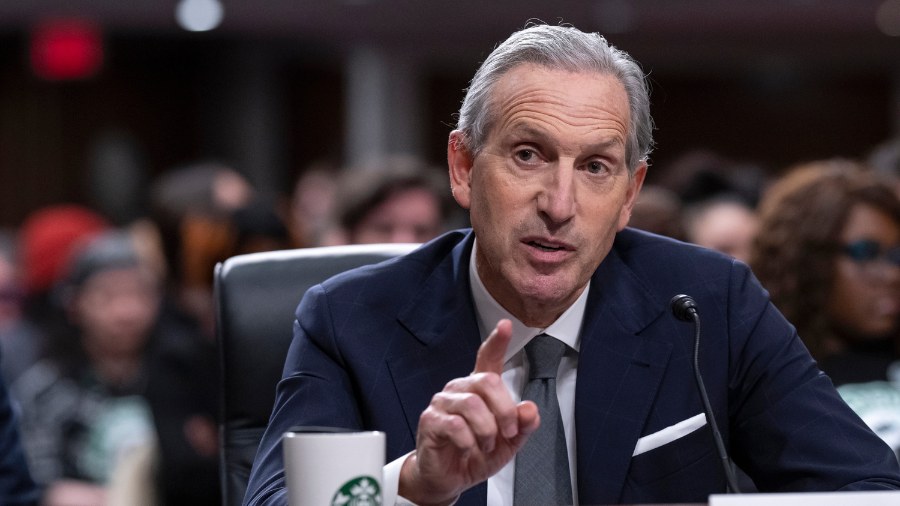The other side of repealing the Washington capital gains tax
Jul 30, 2024, 12:32 PM | Updated: Jul 31, 2024, 7:54 am

Housing can play a major role in capital gains taxes. (Photo: Stephen Brashear, Getty Images for Redfin)
(Photo: Stephen Brashear, Getty Images for Redfin)
In the heated debate over Washington’s Initiative 2109, a new report from the warns that repealing the capital gains tax through I-2109 could lead to the loss of over 10,000 jobs.
This initiative, set for the November ballot, challenges the capital gains tax enacted by Senate Bill 5096 in 2021, which imposes a 7% tax on certain capital assets’ gains exceeding $262,000, .
Proponents of I-2109 argue that the tax, which does not affect real estate sales, unfairly targets the wealthy and could drive them out of state. They emphasize the need for the government to rely on stable revenue sources rather than “volatile taxes” for funding essential services, .
Impact: Capital gains tax brings in $330M more than expected for state budget
Critics, however, highlight the potential consequences of I-2109, including significant cuts to dedicated funding for education and other public services,
“This is a tax on income, a tax on the federal net long-term gain reported to the IRS for the federal income tax,” Jason Mercier, who worked for the Washington Policy Center at the time, said at a hearing in 2021.
Andy Nicholas, who was also with the Center, testified years ago in support of the legislation establishing a capital gains tax.
“Due to the lasting effects of institutional racism, capital assets remain heavily concentrated among a small group of very wealthy and almost exclusively white households,” he said. “Taxing profits from their sale and investing the revenue in education, healthcare, childcare and other community needs, would help to address the widening racial wealth and opportunity gaps in our state.”
Report: Washington state capital gains tax a windfall for schools
The No on 2109 campaign contends that the initiative would benefit a small fraction of Washingtonians at the expense of middle-class families, slashing billions from K-12 education, higher education, school construction, early learning and childcare. They argue that the state’s budget has grown substantially without the need for this tax and that existing revenues are sufficient to cover these priorities.
The debate underscores a broader conversation about tax policy and public funding, with both sides presenting compelling arguments. As voters prepare to make their decision, the outcome of Initiative 2109 will undoubtedly have lasting implications for the state’s fiscal landscape and its residents’ well-being.
Bill Kaczaraba is a content editor at MyNorthwest. You can read his stories here. Follow Bill on X, formerly known as Twitter, and email him here.听














